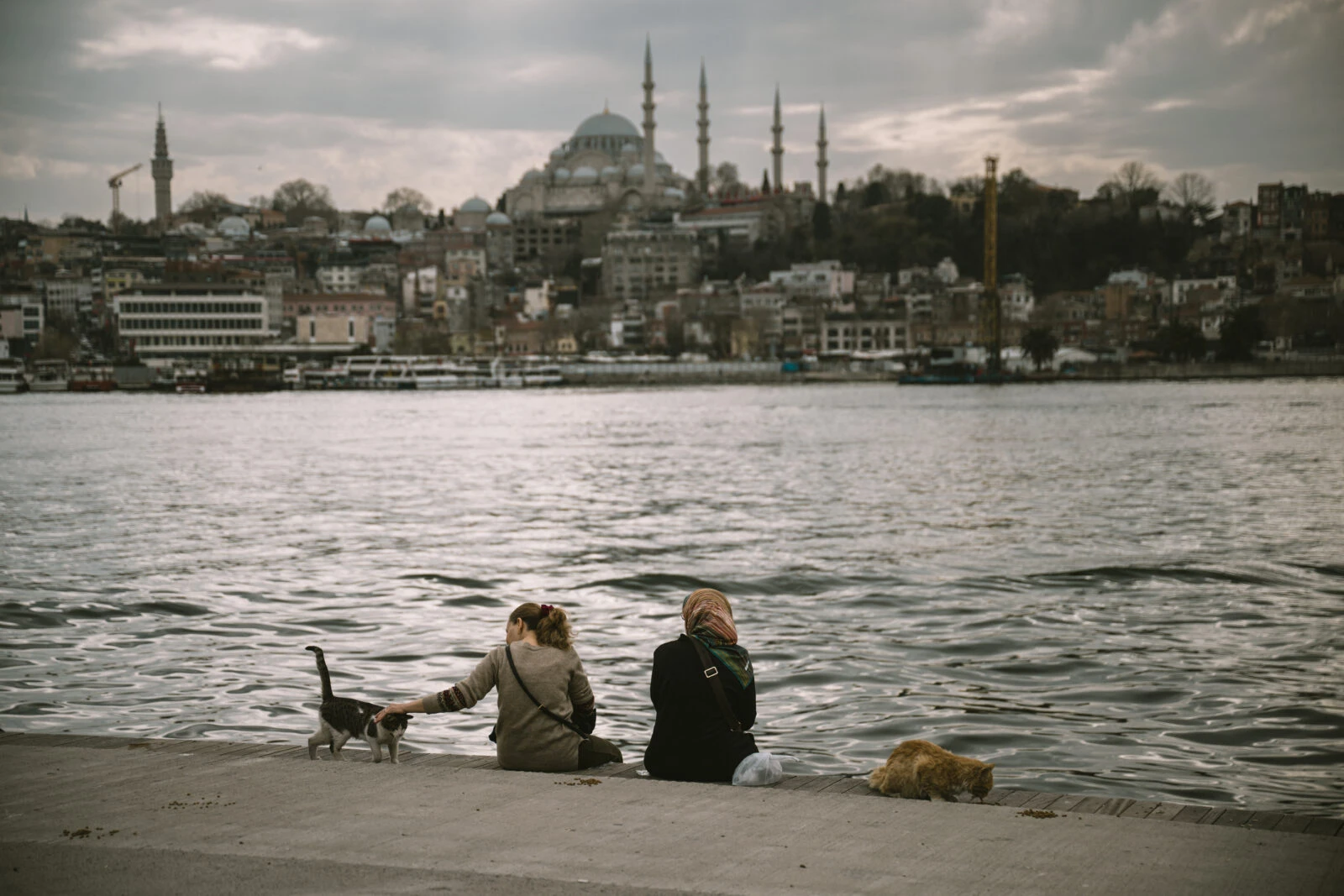Eid al-Fitr in Türkiye is one of the busiest travel periods of the year, as both locals and international visitors use the time off to travel across the country.
This year, with the holiday extended to 9 days and coinciding with the school break, traffic in and out of Istanbul is already building up. Tourists and foreign residents planning to stay in the city or travel during this time will face packed airports, congested highways, and tightened safety measures.
This guide explains what to expect during the Eid al-Fitr holiday in Istanbul, based on official announcements from Turkish authorities.
President Recep Tayyip Erdogan announced that the Eid al-Fitr break will run from March 30 to April 1.
Public employees were also granted administrative leave from April 2 to 4, creating a nine-day public holiday ending on Monday, April 7. Schools will also be closed for a mid-term break during the same period, intensifying national travel.
To reduce congestion and prevent road accidents, the Interior Ministry introduced a traffic ban for heavy vehicles on major roads leaving Istanbul.
The restriction applies from Friday, March 28 at 16:00 until Sunday, March 30 at 01:00. During this time, trucks, tankers, and trailers are not allowed to travel on the following intercity routes:
Exceptions apply to vehicles transporting essential goods such as fresh produce, fuel, and medical supplies. These vehicles may travel under strict conditions and are expected to avoid main routes where possible.
Istanbul’s two airports—IST (Istanbul Airport) and SAW (Sabiha Gokcen)—are witnessing record levels of activity. Travelers heading to other parts of Türkiye or abroad are advised to prepare for delays and long queues.
At Istanbul Airport:
At Sabiha Gokcen Airport:
Passengers are advised to arrive at least three hours before international departures and two hours before domestic flights.
Istanbul Governor Davut Gul confirmed that police, medical, fire, and emergency response teams will operate 24/7 during the holiday. Authorities will focus on accident-prone areas and intensify inspections across the city and intercity terminals.
Traffic teams will monitor drivers for fatigue and seat belt compliance. Travelers leaving by bus from terminals such as Esenler will hear regular safety announcements, including reminders about seat belt usage.
The governor also emphasized Istanbul’s experience in managing large-scale events and public gatherings, assuring that safety measures will be applied equally to all licensed and permitted activities.
The Transport and Infrastructure Ministry has mobilized nationwide teams to monitor and manage traffic through the Smart Transportation Systems Center (AUS). Orange-uniformed teams will remain on duty 24 hours a day across critical highway points.
Additional measures include:
Minister Abdulkadir Uraloglu noted that previous warnings and markings have been reviewed and updated for visibility. In areas affected by heavy rain or natural causes such as landslides, temporary signs have been installed to guide drivers safely.
Travelers can check real-time road conditions on the official website of the General Directorate of Highways.
Interior Minister Ali Yerlikaya stated that road safety efforts are being intensified across Türkiye. In total, 69,011 personnel have been deployed for the holiday, including 47,749 police officers and 21,262 gendarmerie forces.
Additional measures include:
According to Yerlikaya, Türkiye recorded an average of 510 deaths per month in traffic accidents last year. Excessive speed was one of the leading causes. The Ministry’s goal for the Eid holiday is “zero loss of life.”
In a public service film released by the Ministry, Yerlikaya stated, “Roads exist to bring us closer to our loved ones—not to take them away.”
Authorities will continue sharing daily traffic reports and enforcement updates throughout the holiday period.
For tourists and expats, staying informed and prepared can make the difference between a stressful journey and a peaceful Eid.




